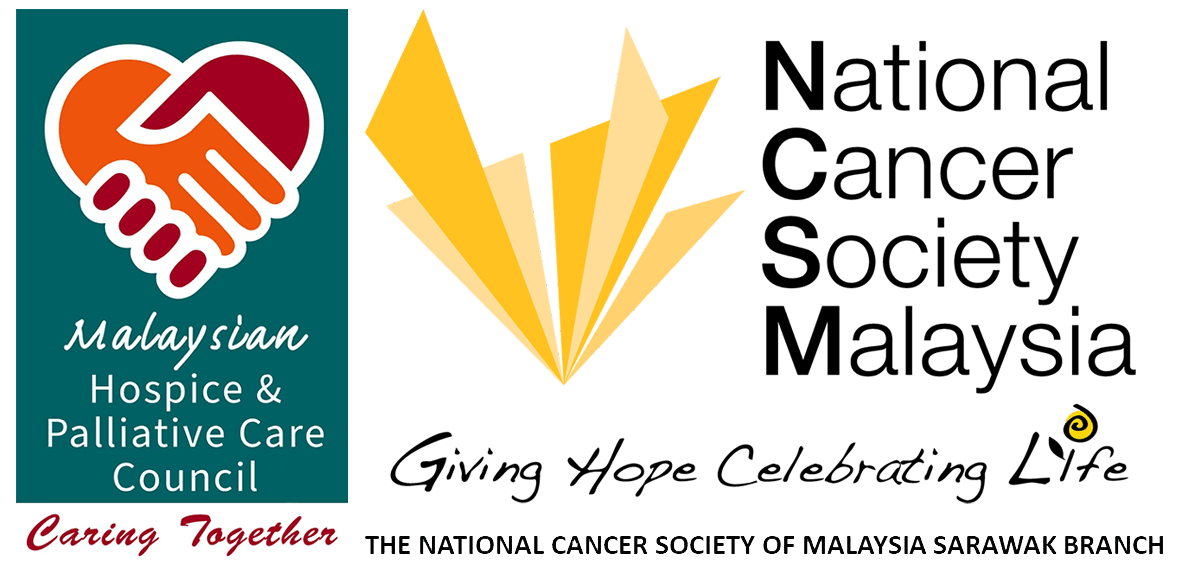THEME
THEME : Strengthening Connections and Collaborations in Palliative Care
No man is an island and this is most evident when one is faced with a chronic life limiting illness. It has been almost six decades since Dame Cicely Saunders first introduced the concept of “total pain” and founded the modern hospice movement, establishing the discipline and culture of palliative care which transformed the way society views and cares for the dying. Affirming life, palliative care advocates a holistic multi-disciplinary approach to care and puts patients living with life-limiting illness back at the centre of care, enhancing their quality of life as well as that of their families and caregivers. Not surprisingly, studies have also shown that good palliative care not only helps patients live better but also longer.
Palliative Care in Malaysia began in the early 1990s, with the founding of charitable hospices like Hospis Malaysia and Penang Hospice as early as 1991. In 1995, the country’s first palliative care unit was established at the Queen Elizabeth Hospital in Sabah. In 2005, the field of Palliative Medicine was recognised as a medical sub-specialty by the Ministry of Health Malaysia. Over the last three decades, early pioneers and local champions such as the late Dato John Cardosa, the late Datuk Dr Ranjit Matthew Oommen, Dato Seri Dr. T. Devaraj, Dr Ednin Hamzah and Dr Richard Lim, have worked tirelessly alongside many others in hospitals and communities, to build the palliative care services we have across the country today. All these endeavours led up to the launching of The National Palliative Care Policy and Strategy for Malaysia in Kuala Lumpur on 6th November 2019.
However, despite our best efforts, currently only about 10% of Malaysians who need palliative care actually receive it. In many States like Sarawak, palliative care and hospice services are only available for patients living in urban areas, resulting in unnecessary suffering and isolation for many patients and families. The recent Covid-19 pandemic propelled palliative care to centre stage and made this critical need for palliative care services development in Malaysia and globally more apparent.
We echo Dato Seri Dr. T. Devaraj’s sentiment: “In the face of rapidly growing non-communicable diseases, we are crying out for more co-ordinated care from competent and compassionate professionals and individuals backed by a supportive healthcare system”.
Palliative care is everybody’s business. To develop and ensure equitable palliative care access for all, we require everyone to be involved, to connect and to work collaboratively while simultaneously fostering (i) a top-down approach involving government, health and education ministries with good policies promoting health and palliative care awareness and service development; (ii) a bottom-up approach involving communities which are compassionate and which demystifies death and dying, caring and grieving through social and cultural sectors.
